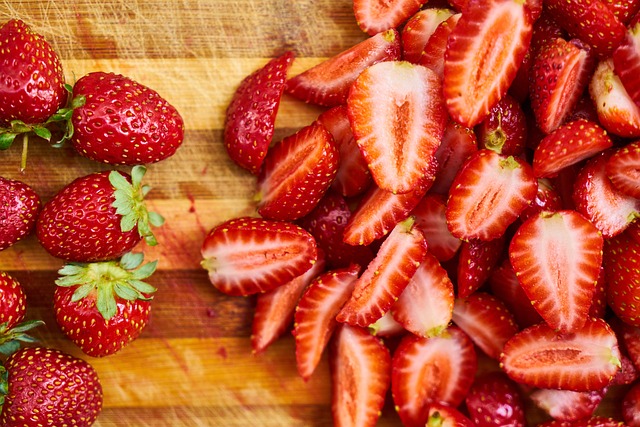Introduction
Probiotics and prebiotics are two types of dietary supplements that are essential for maintaining a healthy gut. Though they sound similar, they are different in many ways. In this blog, we will explore the differences between probiotics and prebiotics and how they benefit our health.
Probiotics
Probiotics are live microorganisms that promote a healthy gut by balancing the microflora in the gut. These microorganisms include bacteria and yeast and can be found in fermented foods like yogurt, kefir, kimchi, and sauerkraut. They can also be taken as dietary supplements in the form of capsules, tablets, or powders.
Probiotics work by helping to break down food and absorb nutrients in the gut. They also help to restore the natural balance of microflora in the gut by suppressing harmful bacteria and promoting the growth of beneficial bacteria. Probiotics have been shown to help with digestive health by reducing constipation, diarrhea, and irritable bowel syndrome (IBS).
In addition to digestive health, probiotics have also been found to improve the immune system and reduce inflammation. They may also play a role in mental health by reducing symptoms of anxiety and depression.
Prebiotics
Prebiotics are non-digestible carbohydrates that act as food for probiotics. They can be found in foods like fruits, vegetables, and whole grains. Prebiotics work by passing through the small intestine undigested and fermenting in the large intestine. This fermentation process creates a favorable environment for probiotics to grow and thrive.
Prebiotics have been shown to improve digestive health by increasing the number of beneficial bacteria in the gut. They can also increase the absorption of important minerals like calcium and magnesium. Prebiotics have also been found to improve immunity and reduce inflammation.
Probiotic vs. Prebiotic: What’s the Difference?
The main difference between probiotics and prebiotics is that probiotics are live microorganisms while prebiotics are non-digestible carbohydrates. Probiotics work by adding beneficial bacteria to the gut, while prebiotics provide food for those bacteria to grow. Both probiotics and prebiotics are important for maintaining a healthy gut, and they work best when used together.
How to Incorporate Probiotics and Prebiotics into Your Diet
Probiotics can be found in fermented foods like yogurt, kefir, kimchi, sauerkraut, and miso soup. They can also be taken as dietary supplements in the form of capsules, tablets, or powders. When selecting a probiotic supplement, it is important to choose one that contains live microorganisms and has been tested for potency and purity.
Prebiotics can be found in foods like bananas, garlic, onions, asparagus, and whole grains like oatmeal and barley. It is important to note that cooking these foods can destroy their prebiotic properties, so it is best to consume them raw or lightly cooked.
Conclusion
Probiotics and prebiotics are both important for maintaining a healthy gut and overall health. Probiotics provide beneficial bacteria to the gut, while prebiotics provide food for those bacteria to grow. Both should be consumed together for optimal health benefits. Incorporating probiotic and prebiotic-rich foods into your diet or taking supplements can support your gut and improve digestion, immunity, and overall wellness.







